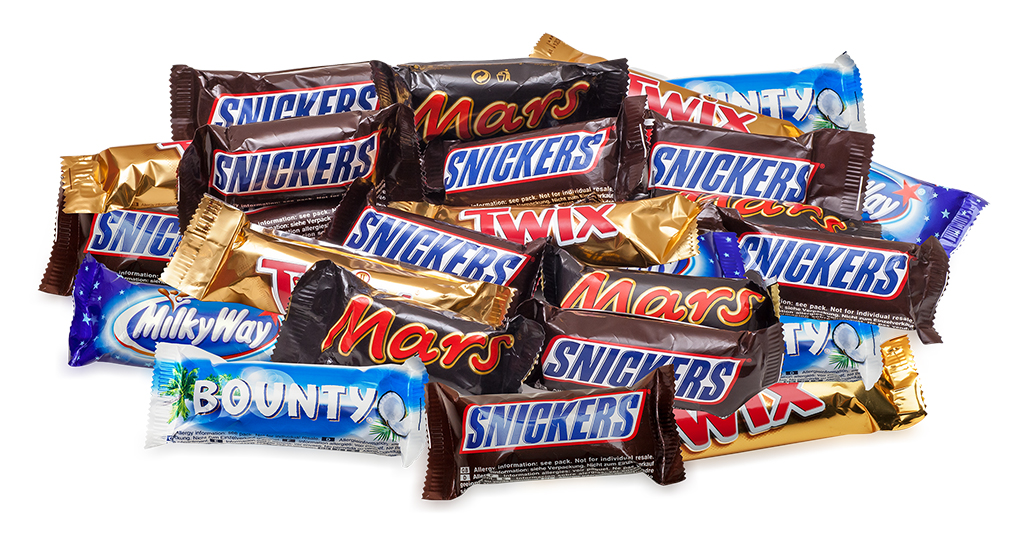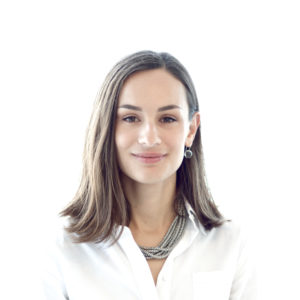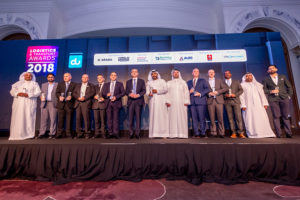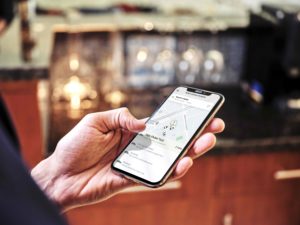Mars, Incorporated is a name well known in households around the world. What started with a young Frank C. Mars making candies in his Tacoma, Washington kitchen more than a 100 years ago, is today a multi-billion dollar business. Following his fathers simple beginning, Forrest Mars Sr. built Mars into the mature company it is today, first by creating products such as the Milky Way bar and M&Ms, and later by expanding the business overseas and diversifying into new categories like pet care and food. Mars is still a privately-owned business, run in all entirety by the Mars family, with firmly set principles quality, responsibility, mutuality, efficiency, and freedom.
The Mars Dubai site in Jebel Ali Free Zone too believes in these principles, and the associateswhich is what all employees are referred to as are a passionate bunch. Their eyes glimmer with love for their company, and they are not wrong to be so attached to the business. Mars, Inc. has repeatedly ranked on Fortunes list of 100 Best Companies to Work For, and the associates are extremely proud of the companys excellence in more fields than one, one of which is sustainability.
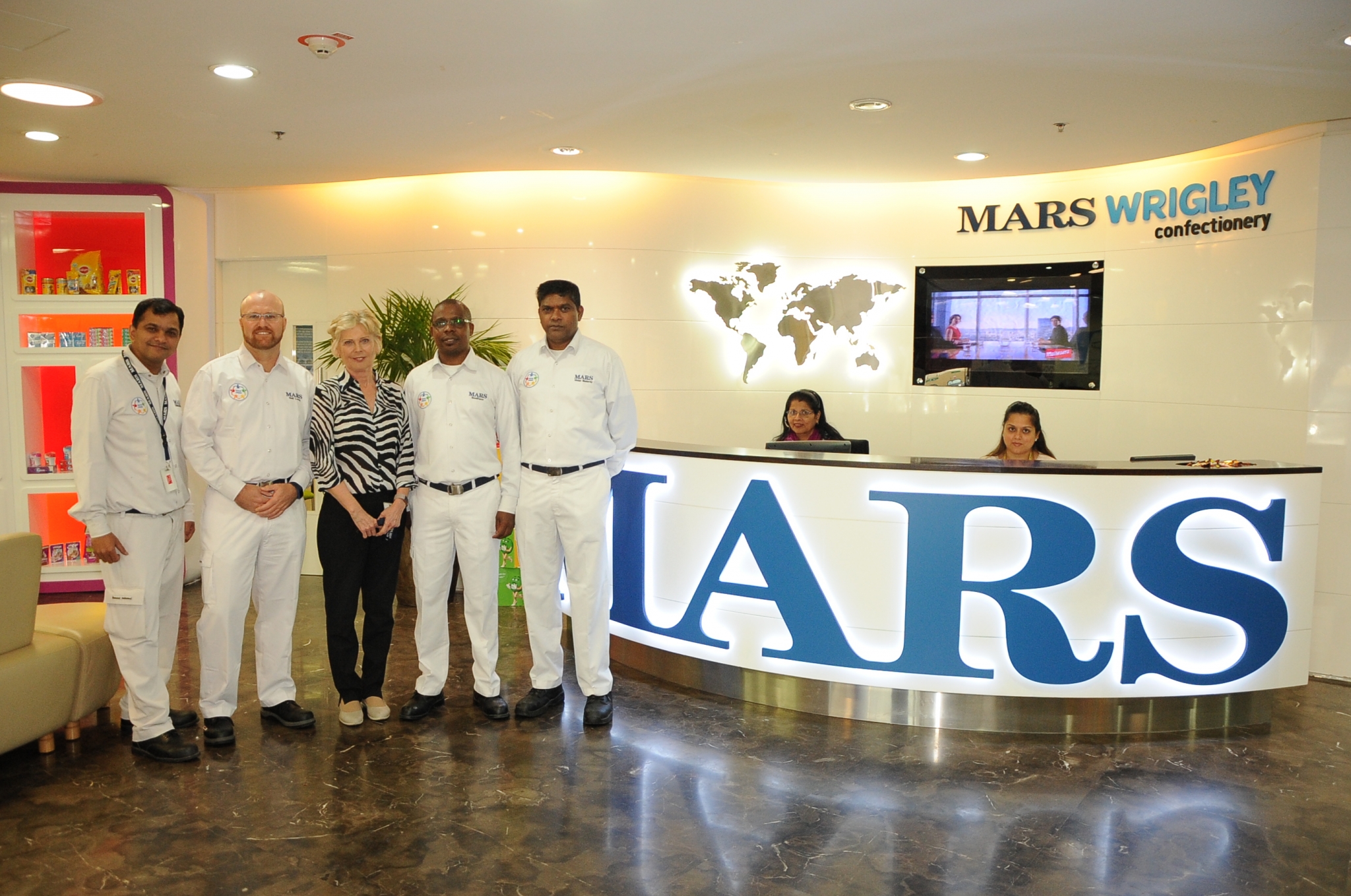
Neil Long, plant director for Dubai, comments: I think when we speak to associates about what attracts them towards Mars and makes them stay at Mars, it is the fact that our owners take this (sustainability) as seriously as they do. It helps when youve got something that associates feel they can be passionate about, something they can positively contribute towards.
Mars Dubai has adopted a number of methods to strengthen its strategy of being a sustainable business, falling under its global Sustainable in a Generation plan, which includes goals for healthy planet, thriving people, and nourishing wellbeing. From reducing water and electricity usage, to eliminating waste, and even reaching out to the farming communities to ensure best practices are followed through, the organisation has worked hard to ensure it gives back to the planet earth what it has reaped in bountiful.
Energy
As per Mars global strategy, all sites that produce chocolate need to reduce energy consumption by 3% every year. Their aim is to utilise 100% renewable energy by 2040, with zero dependence on fossil fuels; their energy needs are to be met through solar or hydro energy.
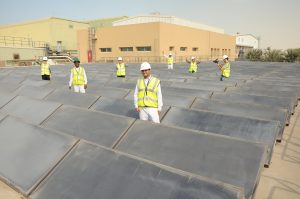
Boniface Kimonyi, environment and sustainability officer SES, explains: The energy from the 400 solar panels installed on the rooftop (of Mars Dubai) is used to heat the chocolate pipes; weve also insulated the pipes to help save energy which would otherwise be used to cool them. Our solar panels also provide electricity to our car parking.
Another major strategy implemented by the site includes shifting to ammonia-based chillers instead of Freon-based ones. Ammonia-based refrigeration systems are cheaper to build, are more efficient than CFCs, and is safe for the environment.
Globally, Mars has invested in wind farm technology in the US, and all electricity consumed by the US operations are imparted by the wind farm. A similar farm was established in Scotland in 2016, and powers all Mars UK factories and offices.
Waste
The journey, initiated in 2008, was not an easy feat. At that point, Mars Dubai was producing nearly 36% landfill waste, out of all the global Mars sites, even though it produced only 2% of the total chocolate. The pressure from the family to curb this issue was massive. More so, Dubai had only just begun exploring recycling options, and the government was not sure how the organisation could achieve the sustainability goals it had set for itself.
However, gradually, the regional site has managed to tackle all challenges and has emerged as a role model for other companies around. Today, Mars Dubai proudly boasts of zero waste to landfill i.e., not a single truck goes out from the site to the landfill. Waste generation in the factory has been reduced to the bare minimum point possible, and the rest is either recycled or put to better use.
Mansoor Muhamed, safety manager, remarks: Our primary issue was with segregationwe didnt know how much and what kind of waste we were generating, since it was all mixed together. Plus, since landfill dumping was considered to be easy, not much thought was given to recycling at first, something that has been completely altered today.
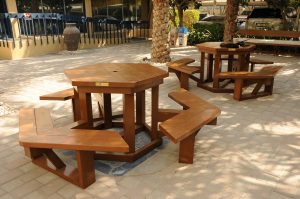
The organisation understood that change had to come from within; the associates were taken through a sustainability induction, and thoroughly educated on why they all had to come together to fulfill the goals.
In 2011, we formed a cross-functional, multi-functional team, known as the G-transformers, or green transformers, explains Muhamed. Our mission was to convert waste into value, and to not rest until all non-believers were converted. We had employees from various departments in the company, and while it was not a part of their objective, they volunteered for the greater good.
Initiatives included installing segregated recycling bins in the office, and getting rid of individual bins at every work-desk. Plus, every employee was handed personal water bottles to ensure half-empty bottles were not tossed in the trash at the end of each day. Garden furniture and sculptures made of out used chocolate wrappers stand proudly, while visitors and students were invited on site to learn from the mission.
Long says: When we started this journey, we really needed to create a huge paradigm shift within the business. Under the banner of creating value out of waste, we were able to galvanise the team to look at every single thing that we did that generated waste, and tried to understand what we could do to either reduce, reuse or recycle, eliminate, or generate some value out of the process.
The biggest issue, however, remained with handling chocolate waste. Muhamed stresses on the fact that for every tonne of chocolate produced, nearly 110kg of chocolate was sent to landfill. This consisted of chocolate remains left behind on the production line, and any batches that were damaged during the distribution chain and deemed unfit for sale. The company toyed around with several ideas to fix this problem, including using it as fertiliser or animal feed, and finally locked down on oneit was sent to cement factories as fuel.
Muhamed says: All our chocolate is now sent to a cement factorythey previously used coal as a fuel for their furnace, but now they add our chocolate waste to it, thus reducing the overall use of fossil fuel. Weve pioneered this method, and other chocolate factories are following similar suit and sending their chocolate waste to cement factories.
There, however, remained a small percentage of waste which could neither be recycle, nor be sent to recycling companies.
It was very less, but it was still a challenge, says Kimonyi. Thats how we came up with a machine that thermally treats this waste. We call it the beauty, which is a waste thermal treatment plant. It basically works like an incinerator; it treats all the waste to ash, but it burns the gases in the secondary chamber (it has two chambers) to acceptable levels within EHS (Environment, Health and Safety is the regulatory arm of Trakhees Dubai). The ash is then used as a fertiliser, while the gases can be released into the atmosphere.
Water
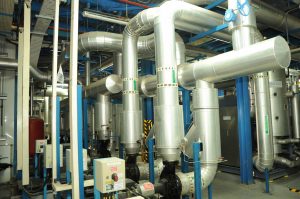
We worked on waste, and we did do a lot of work on water as well, says Kimonyi. The strategy was to have the same quality of water both wayswhat comes in is what should go out. We wanted to be able to use the water collected after washing our machines to water plants, and plus reduce our overall usage of water.
The company invested heavily in a waste water treatment plant, which treats around 125cbm of water chock-full of pollutants onsite, to irrigation standards. Additionally, water by product from the ammonia plant is redirected to flush the toilets, and any excess water from the treatment plant is sent to a third-party for irrigation purposes. The initiatives have helped Mars Dubai save nearly 10cbm of water per day.
Community initiatives
The organisation is extremely conscious of the importance of land for its business, for its raw material comes from it. Mars is an active participant in UNs sustainable goals, and has partnered up with governments worldwide to ensure best practices are followed throughout the supply chain.
Christine Greaves, external affair manager, Gulf and Pakistan, mentions: All our raw materials, for tea, cocoa, palm oil etc., are 100% from certified sources. Part of being certified means that child labour does not exist within our supply chain, which is very key to us. We make pet food, and since a lot of fish goes into this, were very involved in saving coral reefs and sustainable fishing practices. We just recently launched an initiative for mint farming in India, a vital part of our brand Wrigleys.
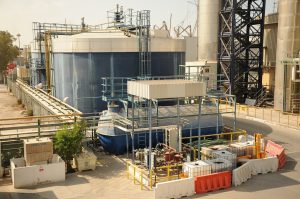 Long adds: Being a privately-owned business means we can do some things that are different from the publicly traded companies: we can take longer-term views, versus shorter term views which need immediate return. Sustainability is definitely one of those areas where were making investments and weve been making investments, which dont necessarily pay off tomorrow, but they pay off in the years and decades to come.
Long adds: Being a privately-owned business means we can do some things that are different from the publicly traded companies: we can take longer-term views, versus shorter term views which need immediate return. Sustainability is definitely one of those areas where were making investments and weve been making investments, which dont necessarily pay off tomorrow, but they pay off in the years and decades to come.
We do a lot of work in cocoa sustainability, in South America, Ivory Coast, India, Indonesia, and weve had some global patents which weve put out there for everyone to be able to use, because it isnt necessarily a competitive advantage for us. It is the right thing to make sure the cocoa industry thrives for the longer term. We help farmers develop better farming practices, and educate them in terms of fertilization and pesticides. We help them improve their yield as well, so for the square metrage these farmers haveand theres millions of these farmers out there with small parts of land with a few cocoa trees onwe develop their yield so that they can get more out of their pieces of property, and hence benefit more as part of our value chain.
Mars, Inc. is a part of the African Orphans Crops Consortium, an establishment whose goal is to sequence, assemble, and annotate the genomes of 101 traditional African food crops to improve their nutritional content, thus providing long lasting solutions for Africas nutritional security. Mars is also involved with several NGOs worldwide and has its own Mars Volunteer Programme (MVP) to involve its associates with the community.
Today, Mars Dubai has turned into an example for all factories in and around Dubai. One and all are welcome to visit the factory to understand how they can incorporate the same practices into their trade, ensuring that the ultimate goal of sustainability is met.
As Long puts it: Chocolate is a product that brings smiles to the consumers faces. And what we do here at Mars is make sure we do it (produce chocolate) in a responsible manner, and do our bit in reducing our impact on the planet, giving back to the communities that we are a part of.
—
Find our other features, on topics such as healthcare logistics, alternate fuel sources for forklifts, and green supply chain management, in our January issue.

